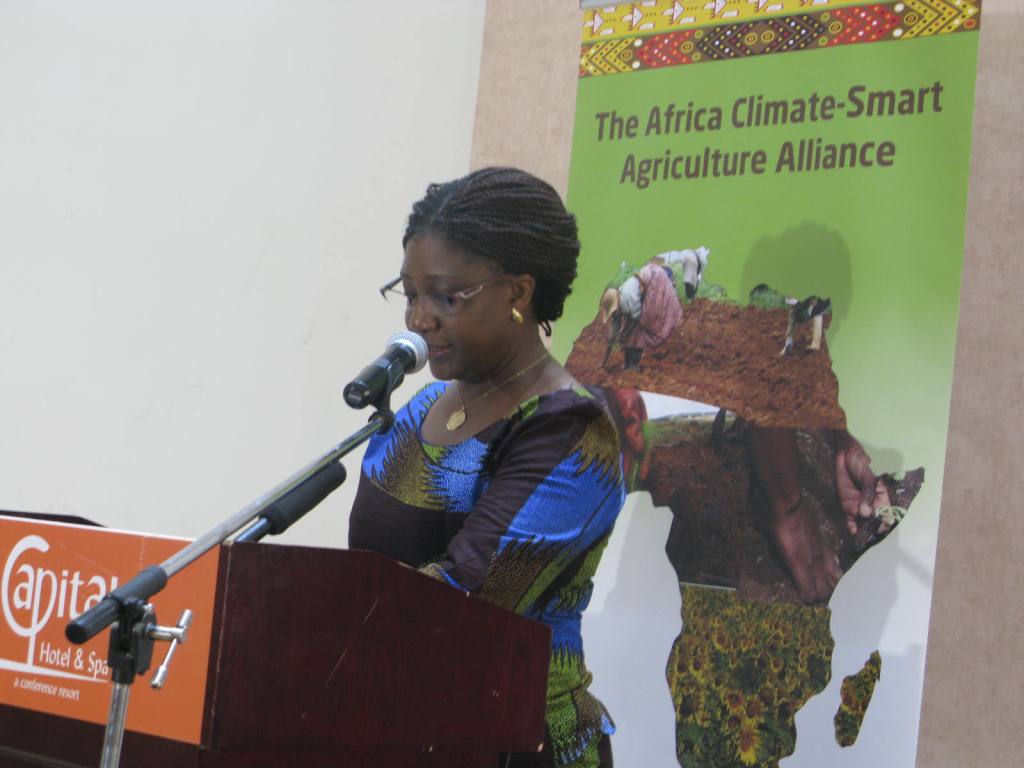
By Ugonma Cokey
Nigeria will on May the 29th hand over to a new government that will run the affairs of the country for the next four years. The result of the parliamentary elections shows a drop in female representation in the National assembly. Only 5.11% of federal legislators in the 8th National Assembly will be women, down from 9% in 2007 and 7% in 2011.
This decline is an issue because this means the country has failed to meet the 35 % minimum target it set for itself in the National Gender Policy (NGP), in 2006. It also means that Nigeria has fallen below global and regional averages of 22.1 % and 22.4 % respectively.
The 7th National assembly had 8 female senators and 26 female members in the House. This according to a report by the Nigerian Women’s Trust Fund, is likely to remain the same at 7.33 % and 4.7 % in the next 4 years barring any changes in the Tribunal.
Without additions to the number of women or other changes during the swearing in of the 469 legislators, the percentage of female representation of women in the National assembly will be 5.11% confirming that the decline of women in parliament is declining by 9%.
If female representation is on the decline in the country’s highest making body, one can imagine what representation would be in other areas.
Unfortunately, female representation in the highest law making body has become the yardstick the international community uses to gauge a society’s appreciation of the importance they attach to women’s political participation.
Lack of women’s participation is not however limited to politics, women, especially in the rural areas do not participate in decision making process that affects their lives including economic, social, and environmental.
One major reason for low political participation is lack of empowerment of women. Growing up, I used to hear statements like “women are not allowed to sit there”, “women are not allowed to stand there”, and “women are not allowed in this meeting” etc. to the extent of women not being allowed to eat a particular part of meat, like the gizzard of a Chicken. I believe this was the result of the Patriarchal nature of the society.
Unfortunately, this transcended to several areas of societal life including land ownership, inheritance, poor access to credit facilities, maltreatment of widows, low representation of women in decision making even in matters affecting them.
The Environment and female representation
Taking the extractive industry which has to do with the search and exploitation of resources embedded in the earth crust as an example; we will be looking at crude oil, gas, solid minerals, salt and sand. We would also be looking at dynamite
explosion in aquatic environment which produces narcotic effect and mortality of fish and other aquatic lives, burying of pipelines which affect rainforests and mangroves, the clearing of pipeline tracks which delineates natural populations.
The resultant effects are that women’s activities, lives, occupation and economy are affected. Water used by women for domestic purposes and drinking is affected. Farming and fishing, are also affected. Though women do not own these lands, they till them. When the farmlands and fish ports are destroyed, they do not get compensation for them, the men do.
Forest resources are also lost disrupting the women’s economic activities and means of livelihood. Spills from crude have also led to ailments, disabilities and deaths. Sex work and teenage pregnancy have also been on the increase meaning, less professional and skilled women who lack income to cater for personal and family needs.
The deaths caused by extractive industry activities have not only led to widowhood, but in many women-headed households, who unfortunately have property taken from them by in-laws, affected their ability to take major decisions ranging from social to financial to political, causing psychological suffering and increasing feminization of poverty despite the huge oil revenue accruing to government.
When policy decisions are taken, women are exempted despite the fact that it affects them more. They do not sit in these decisions making meetings, so decisions are taken that do not favour them especially financially. In the political scene, it is not different; the men are the decision makers.
According to Nigerian Women’s Trust Fund, “For most Nigerians, the desired dividends of democracy include an improvement in living standards and conditions as well as equity and social justice. The most effective and efficient means of realizing these objectives is to ensure that women are more broadly represented because evidence shows that women support a redistributive agenda particularly increased expenditure on social services and children’s education. However, in spite of the dismal representation of women in parliament, there is still an opportunity for Nigeria to improve its ranking on gender inclusiveness.”
So for Nigeria, and indeed Africa, to attain the desired female representation in parliament, it has to first deal with environmental issues through ensuring that women sit on their issues, decide on how they want their lives run, be part of environmental compensation decisions which indirectly empowers them, be allowed to manage their late husband’s properties.
This empowerment which is financial will translate into other areas of empowerment as more girls will be sent to school, less teenage pregnancy will occur, early marriage will reduce, more girls and women will gain exposure, and be financially empowered enough to compete with the men in the political space, for it is only when the environment is conducive that women would be attracted to participate.










